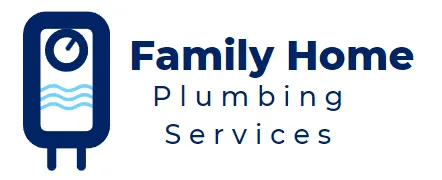Professional Water Heater Installation And Repair Services in Seaside, CA
Trust Family Home Plumbing Services for expert water heater solutions that keep your home running smoothly. Our experienced team provides comprehensive installation, repair, and maintenance services for all types of water heaters throughout Seaside and surrounding communities.

Our Specialized Water Heater Installation And Repair Services
At Family Home Plumbing Services, we specialize in a complete range of water heater solutions:
Installation Services
Our certified technicians provide comprehensive installation services tailored to your specific needs:
Professional installation of all water heater types: Traditional tank water heaters optimized for high-demand households. Energy-efficient tankless systems for unlimited hot water supply. Hybrid heat pump water heaters that can reduce energy costs by up to 60%. Solar water heaters for maximum environmental benefit.
Expert system selection guidance based on: Your home's size and layout. Family size and peak usage patterns. Energy efficiency goals. Budget considerations. Local climate conditions.
Complete installation process: Site evaluation and preparation. Code-compliant installation with necessary permits. Professional removal and recycling of old units. Integration with existing plumbing systems. Full system testing and calibration. Detailed owner orientation and operation training.
Repair & Maintenance Services
We offer comprehensive repair and maintenance solutions to maximize your system's lifespan:
Emergency Services: 24/7 rapid response team. Advanced diagnostic equipment. Fully-stocked service vehicles. Temporary solutions when needed.
Preventive Maintenance: Annual system inspections Performance optimization. Safety checks and adjustments. Water quality testing. Efficiency monitoring.
Repair Services: Leak detection and repair using advanced technology. Heating element testing and replacement. Thermostat calibration and upgrades. Pressure relief valve service and replacement. Anode rod inspection and replacement. Professional descaling and sediment removal. Tank flushing and sanitization. Gas line repair and maintenance. Electrical system troubleshooting. Ventilation system cleaning and repair.

Our Advanced Features And Benefits
Family Home Plumbing Services goes above and beyond to deliver exceptional value:
1. Same-day service availability for emergencies.
2. Upfront, transparent pricing with no hidden fees.
3. Extended warranties on parts and labor.
4. Energy efficiency consultations.
5. Smart water heater integration.
6. Financing options available.
7. Licensed, bonded, and insured technicians.
8. Ongoing maintenance plans.
9. 100% satisfaction guarantee.
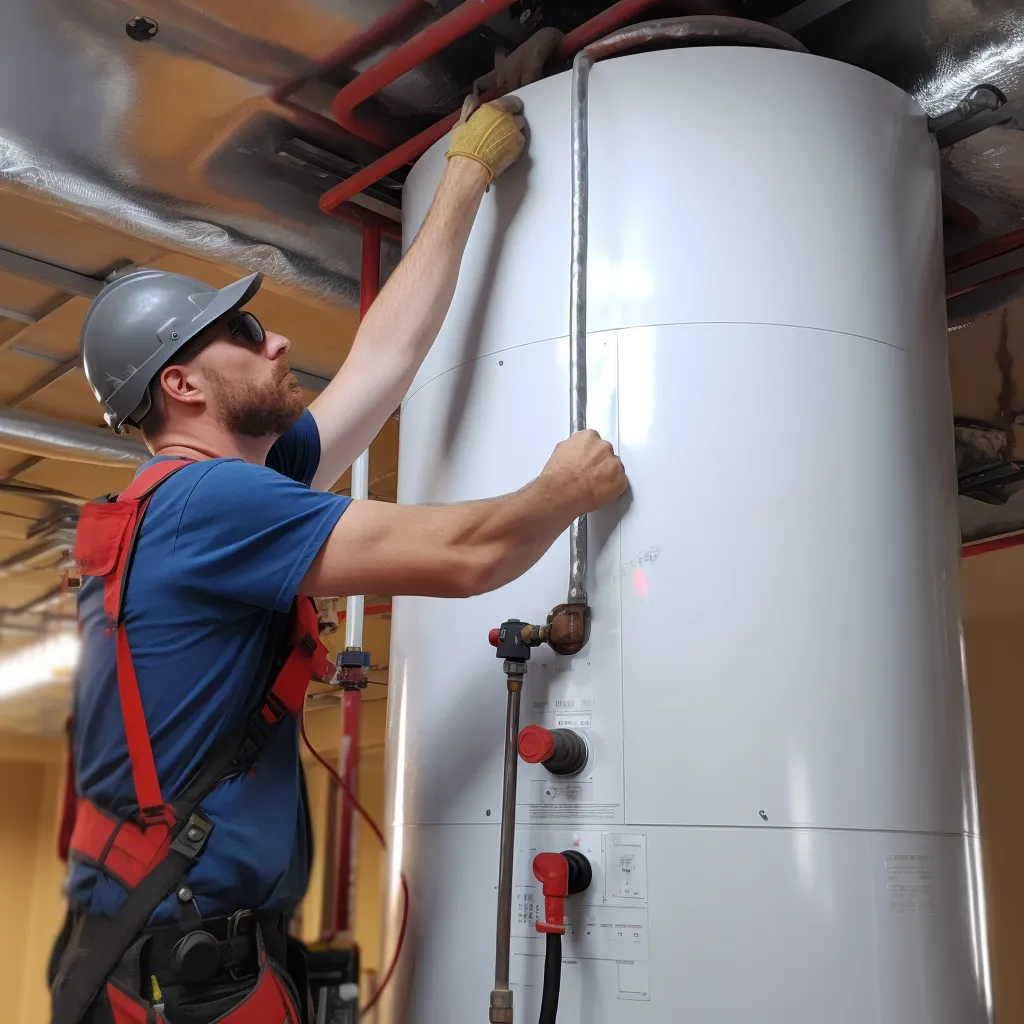
Common Water Heater Emergencies
Seaside homeowners frequently encounter these water heater issues:
No Hot Water
A complete loss of hot water can stem from various issues, including failed heating elements, tripped circuit breakers, or gas supply problems. Our team quickly diagnoses and resolves the root cause.
Insufficient Hot Water
When your water heater can't keep up with demand or produces lukewarm water, it may indicate sediment buildup, a failing heating element, or an undersized unit.
Leaking Tank
Water pooling around your heater requires immediate attention. Leaks can cause significant water damage and may indicate tank corrosion or failed connections.
Strange Noises
Popping, crackling, or banging sounds often signal sediment buildup or scale formation, which can reduce efficiency and damage your system.
Rusty Water
Discolored water may indicate internal tank corrosion or a failing anode rod, requiring prompt professional attention to prevent system failure.
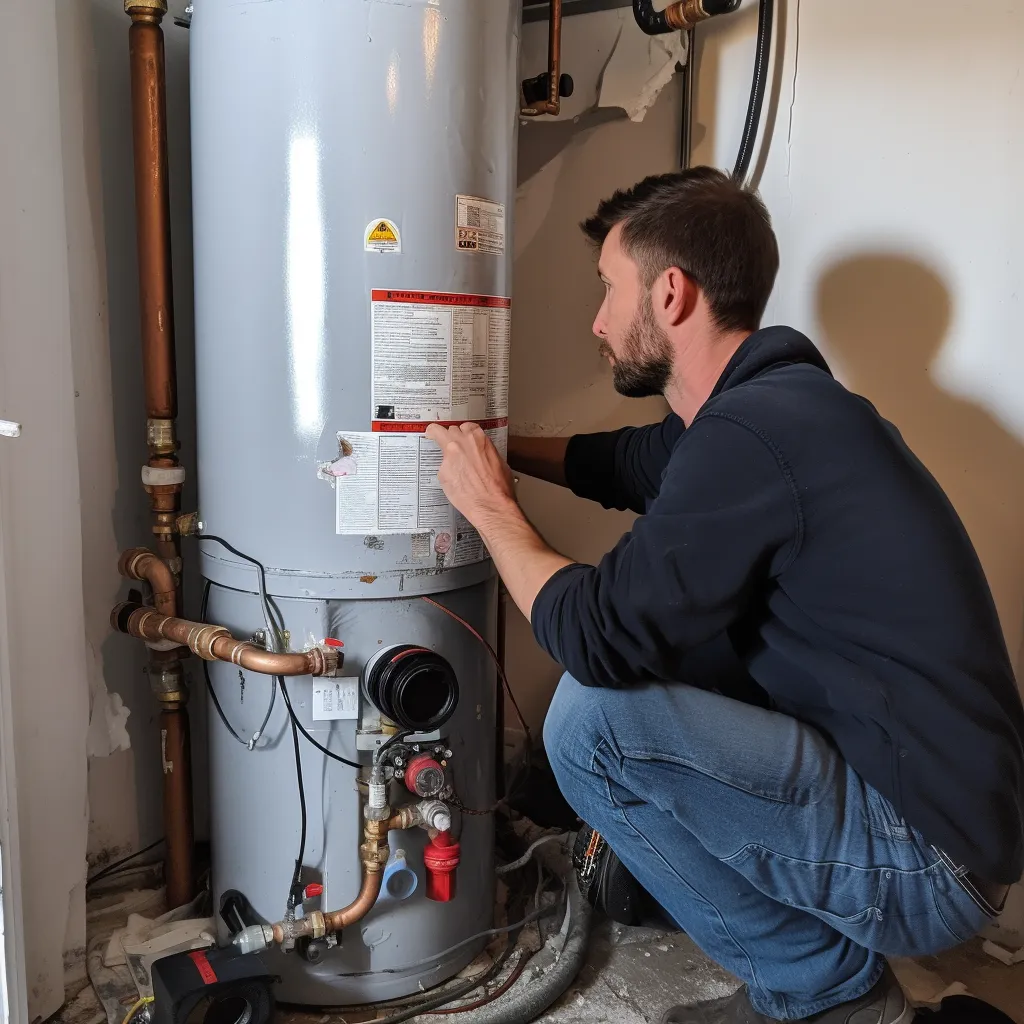
The Importance Of Quick Response
When water heater problems arise, immediate professional attention is crucial for protecting your home and family. Here's why rapid response matters:
Prevent Escalating Damage
Water heater issues can quickly cascade into major problems: Water damage can spread rapidly through walls, floors, and ceilings. Mold growth can begin within 24-48 hours of water exposure. Electrical systems may be compromised by water contact. Foundation damage may occur from ongoing leaks. Flooring and drywall can require expensive replacement.
Protect Your Investment
Quick intervention helps preserve your water heater system: Minor issues can develop into irreparable damage. Component failures often trigger chain reactions. Sediment buildup accelerates tank deterioration. Pressure problems can cause catastrophic failures. Efficiency decreases dramatically with developing problems.
Safety Considerations
Malfunctioning water heaters can pose serious risks: Gas leaks from damaged connections. Carbon monoxide exposure from improper venting. Scalding hazards from malfunctioning thermostats. Electrical fire risks from damaged wiring. Explosion risks from excessive pressure buildup.
Cost Implications
Delayed repairs typically result in higher costs: Emergency replacement versus planned upgrade. Additional repair costs for secondary damage. Higher utility bills from inefficient operation. Increased water waste from undetected leaks. Lost time and convenience from system failure.
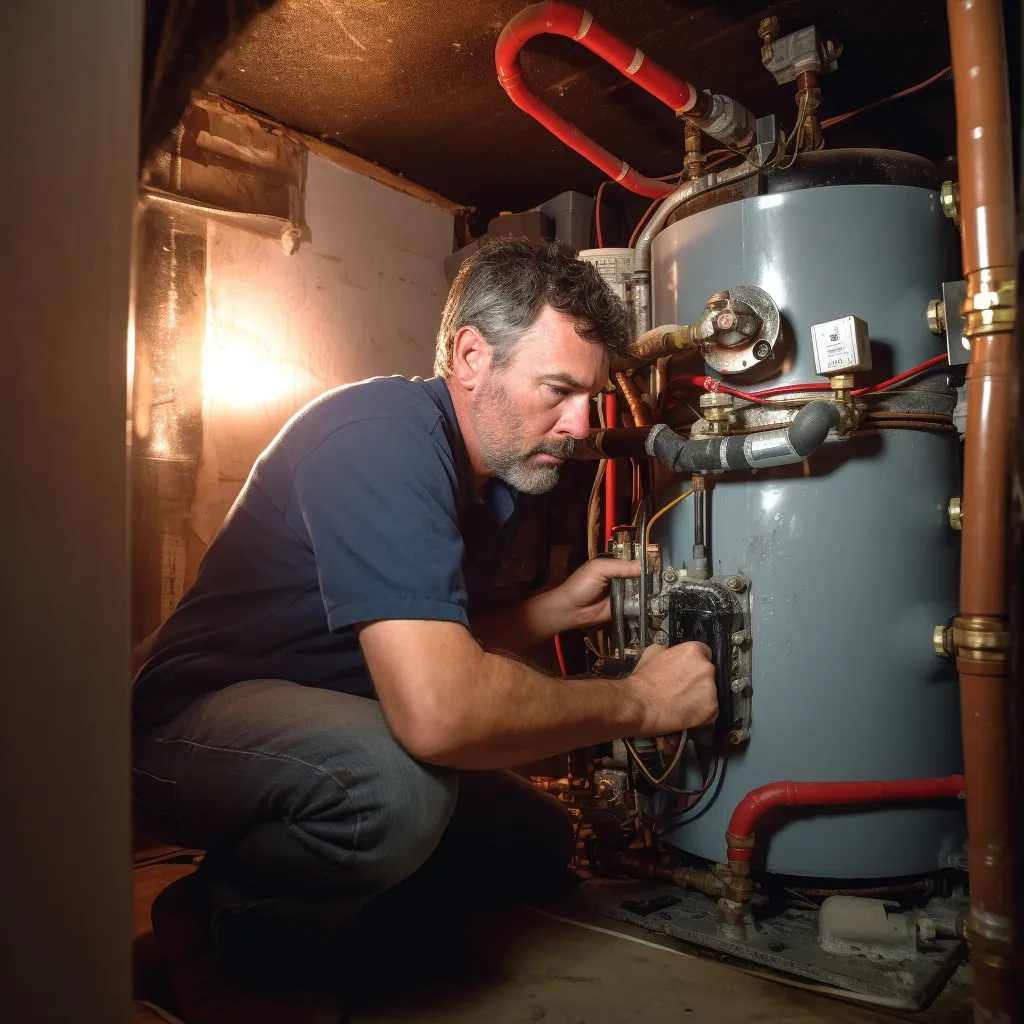
Why Choose Family Home Plumbing Services?
When you need water heater services in Seaside and surrounding areas, Family Home Plumbing Services stands out as your trusted local expert. Here's what makes us the premier choice for your water heater needs:
Unmatched Expertise: Over 25 years serving the Monterey Peninsula community. Master plumbers with advanced water heater certification. Ongoing training in latest technologies and techniques. Specialized expertise in coastal area plumbing challenges. Experience with all major brands and models.
Superior Service Standards: Rapid response times, typically within 60 minutes for emergencies. Thorough diagnostics before beginning any work. Detailed written estimates with no hidden fees. Clean, professional technicians who respect your home. Regular communication throughout service delivery. Post-service follow-up to ensure satisfaction.
Advanced Technical Capabilities: State-of-the-art diagnostic equipment. Specialized tools for precise repairs. Full-service mobile workshops. Real-time technical support access. Digital service tracking and documentation.
Customer-First Approach: Transparent pricing with no overtime charges. Multiple financing options available. Extended warranty programs Preventive maintenance plans. 100% satisfaction guarantee.
Environmental Responsibility: Eco-friendly service methods. Water conservation expertise. Energy efficiency consulting. Proper disposal of old units. Green technology options. Solar integration capability.
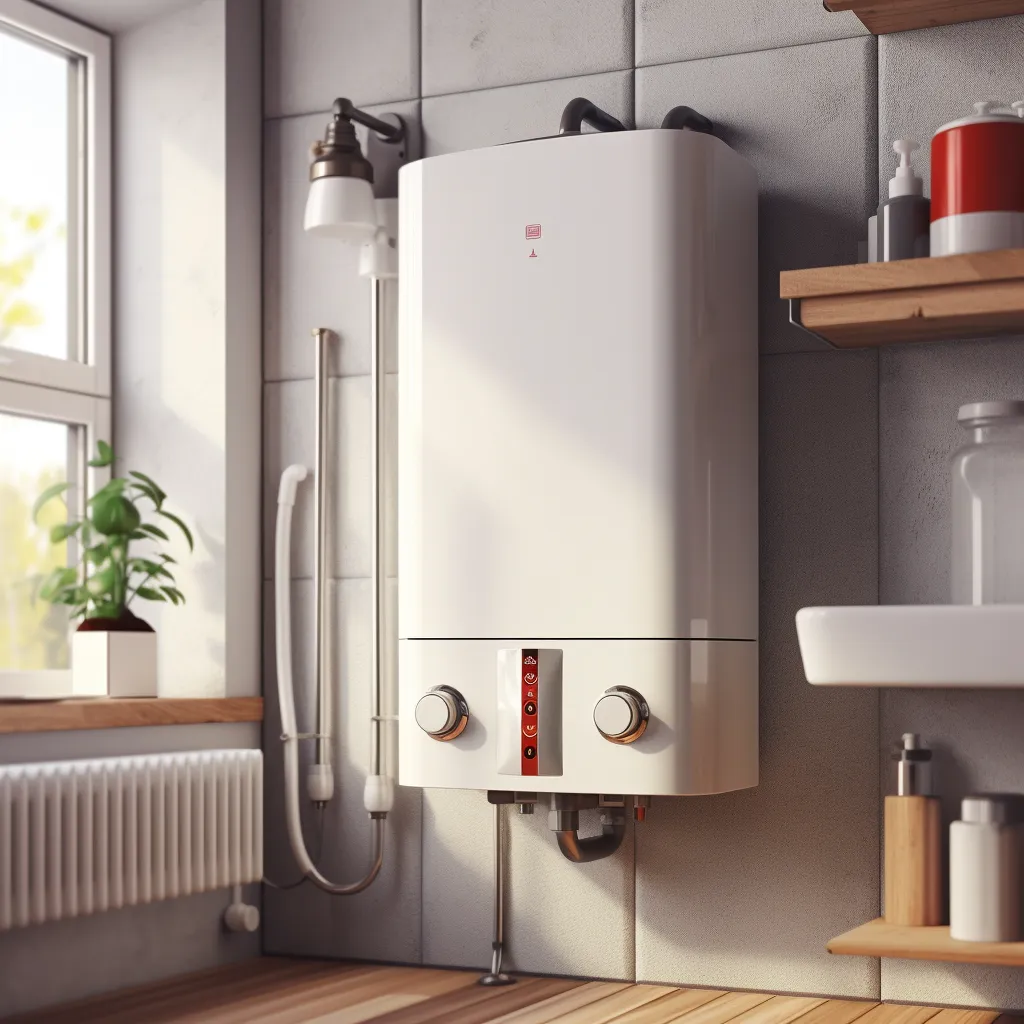
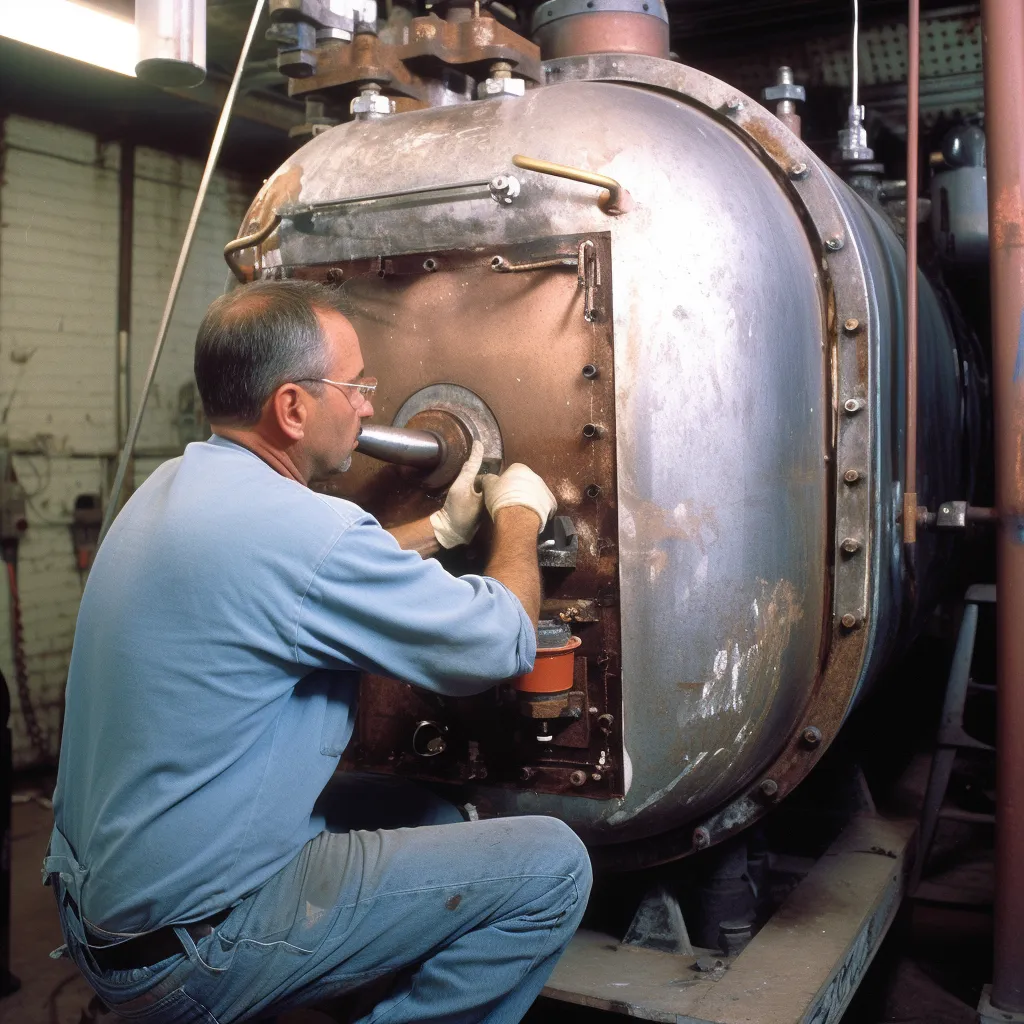
Contact Our Experts Today
Don't let water heater issues disrupt your life! Contact Family Home Plumbing Services today at (831) 604-3132 for water heater installation and repair services. We offer free estimates and same-day service for most water heater issues. Let us help protect your home and keep your family comfortable.
We Proudly Serve
Seaside
Monterey
Pacific Grove
Carmel
Marina
Sand City
Del Rey Oaks
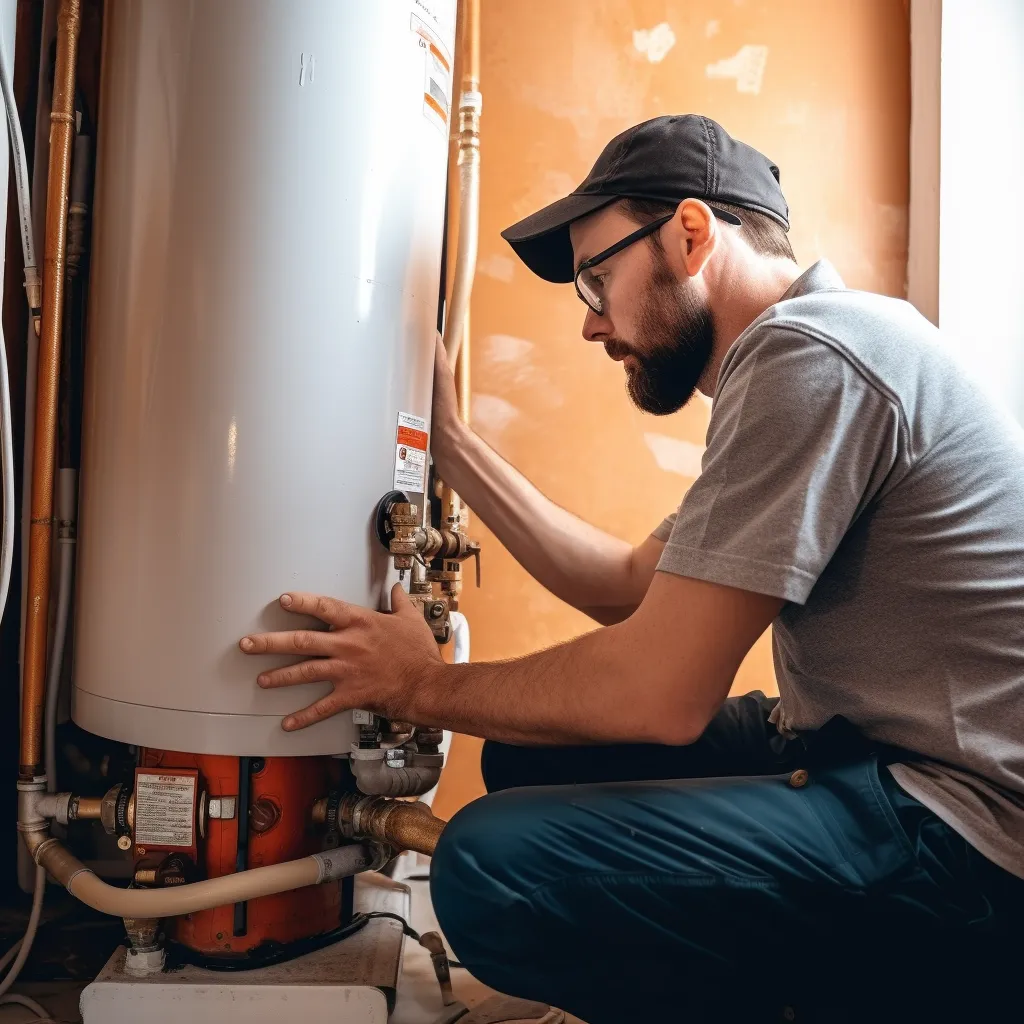
Frequently Asked Questions
Q. How long does a water heater installation typically take?
A. Professional installation usually takes 2-3 hours for a direct replacement, or 4-6 hours for a new system type or location change.
Q. What signs indicate I need a new water heater?
A. Consider replacement if your unit is over 10 years old, requires frequent repairs, shows signs of corrosion, or can't meet your hot water demands.
Q. How often should I schedule water heater maintenance?
A. Annual maintenance is recommended to ensure optimal performance, efficiency, and longevity of your water heater.
Q. What's the difference between tank and tankless water heaters?
A. Tank heaters store and heat water continuously, while tankless units heat water on demand. Each has distinct advantages depending on your specific needs and usage patterns.
Q. Do you offer warranties on new installations?
A. Yes, we provide manufacturer warranties plus our own labor warranty on all installations. Extended warranty options are available.
Q. How can I improve my water heater's efficiency?
A. Regular maintenance, proper temperature settings, insulation, and timely repairs all contribute to improved efficiency.
Q. What causes a water heater to stop working suddenly?
A. Common causes include failed heating elements, tripped circuit breakers, gas supply issues, or thermostat problems.
Q. Is a tankless water heater worth the investment?
A. Tankless units often provide long-term energy savings and endless hot water, but the initial investment is higher. We can help evaluate if it's right for your home.
Q. How can I prevent water heater problems?
A. Regular maintenance, prompt repair of minor issues, and proper usage habits help prevent major problems and extend system life.
Q. What financing options do you offer?
A. We provide several financing plans with competitive rates to help make necessary repairs or replacements more affordable.
Additional Resources
Learn more about water heater maintenance and efficiency:
Department of Energy Water Heater Guide (1)
Consumer Reports Water Heater Buying Guide (2)
Contact Us
GET IN FULL TOUCH
PHONE: (831) 604-3132
EMAIL:
Gregory@waterheaterseaside.com
Family Home Plumbing Services
Seaside, CA 93955
